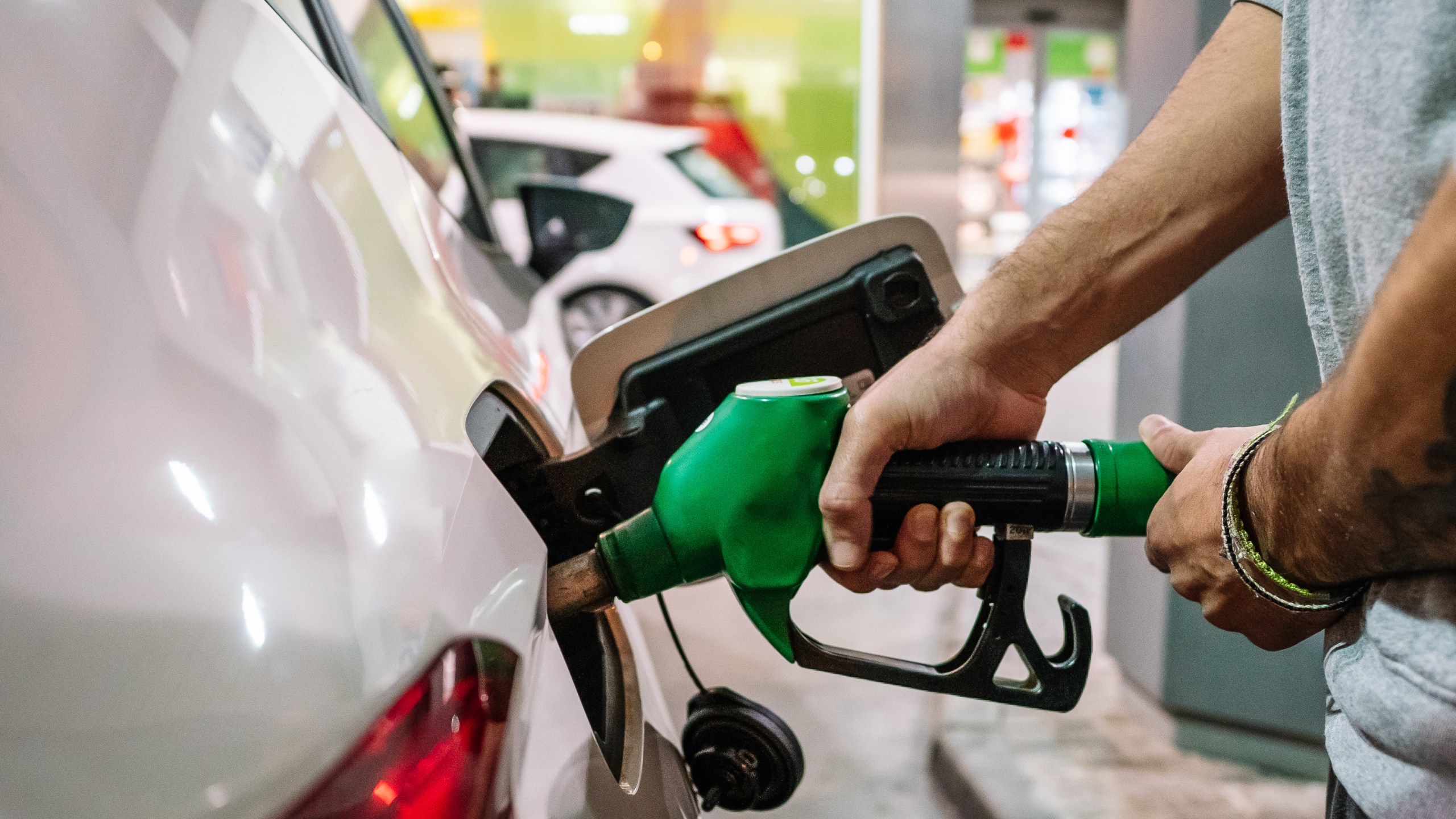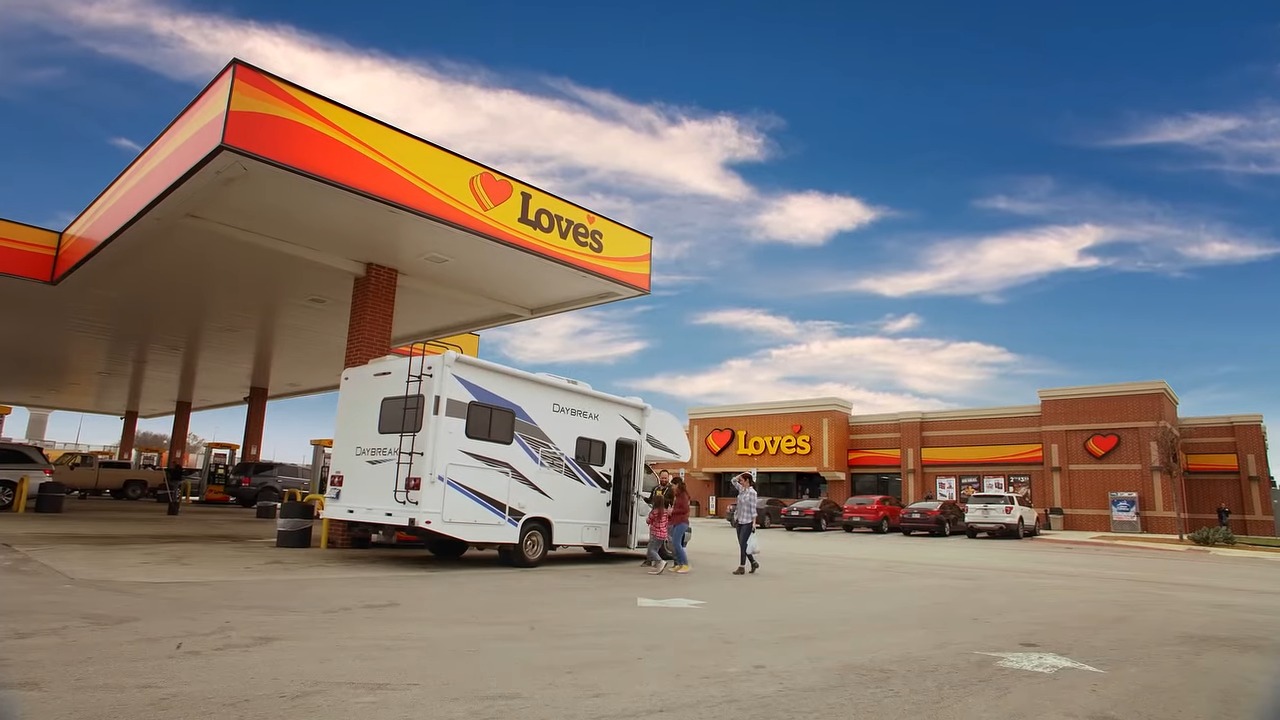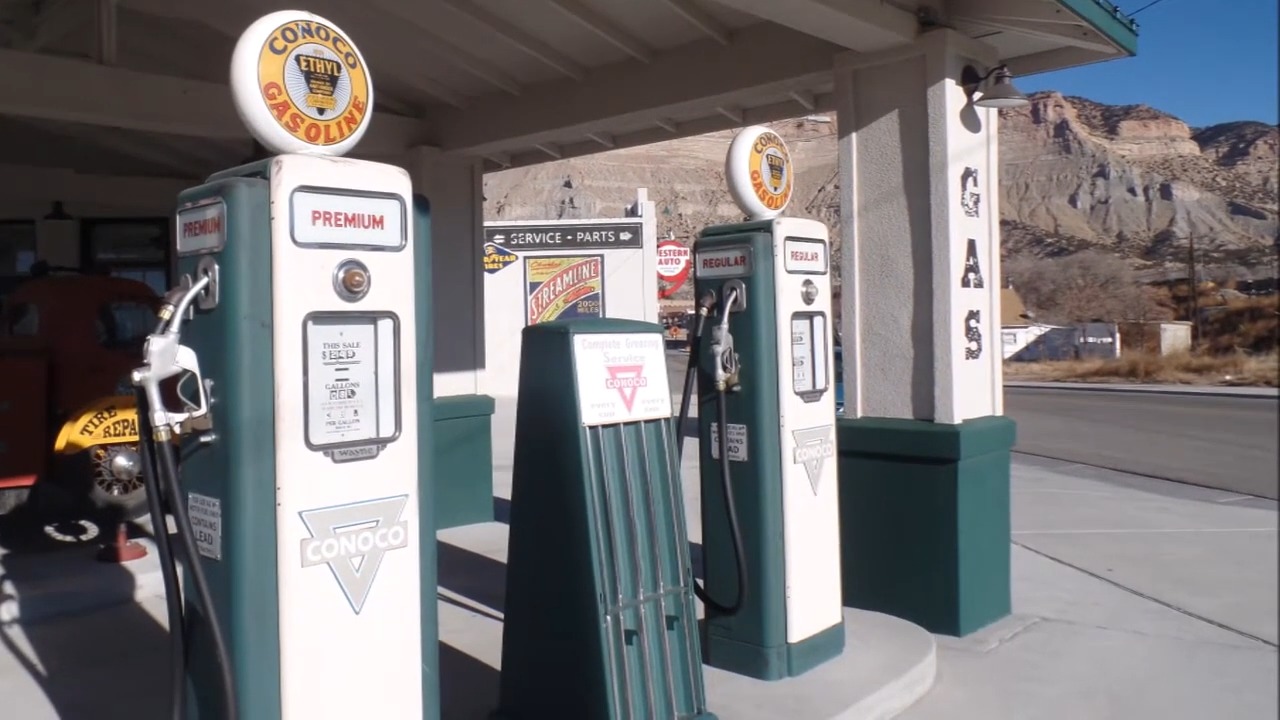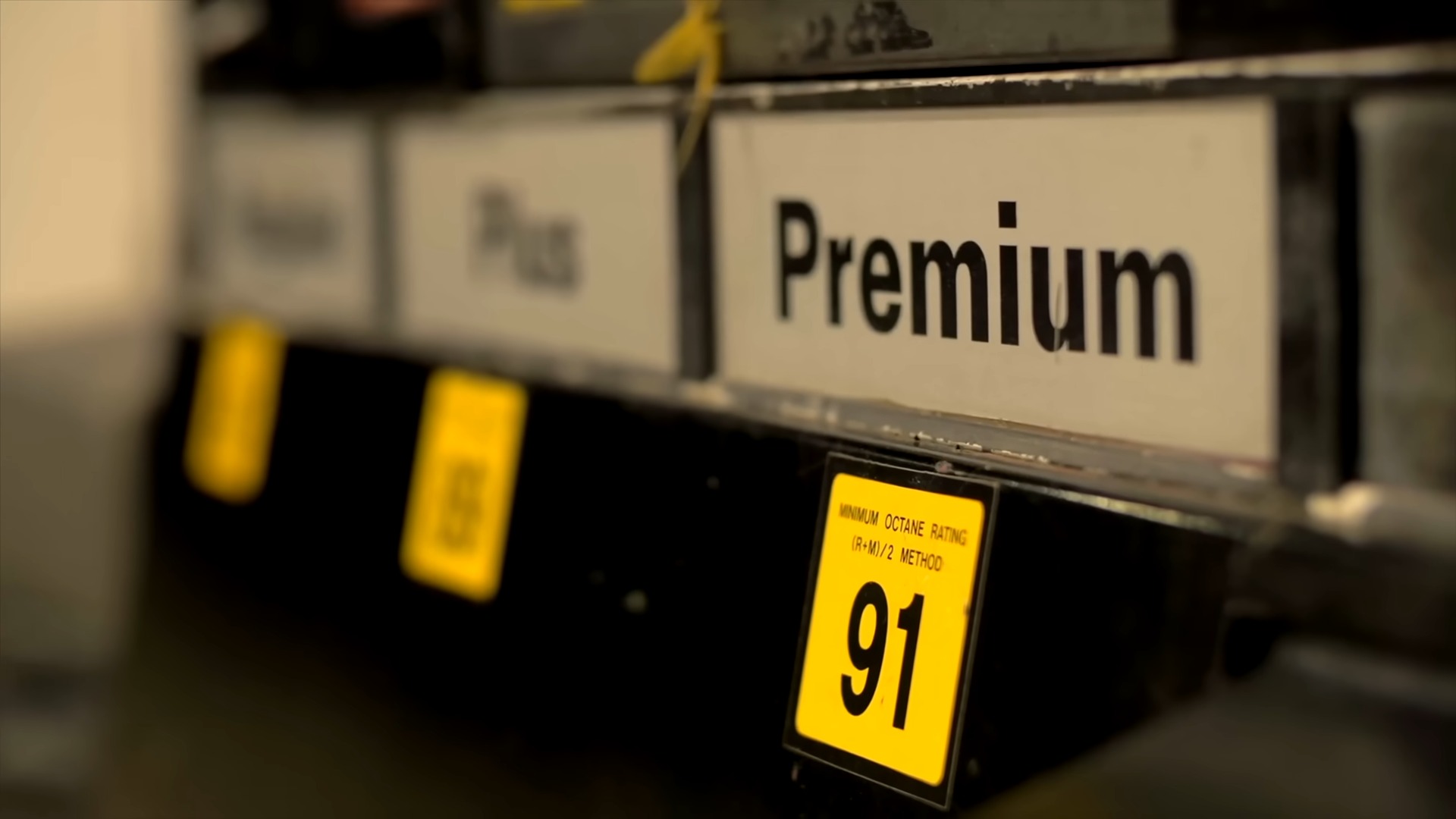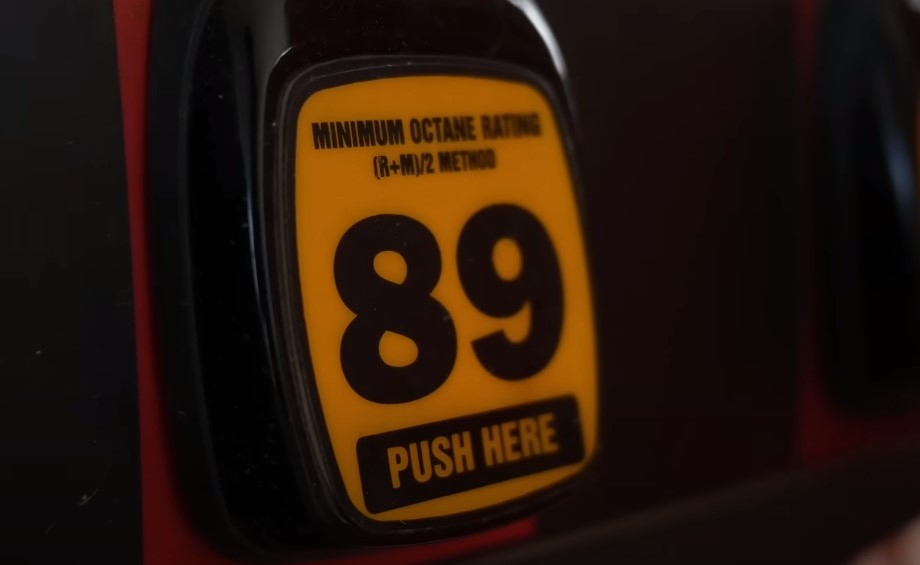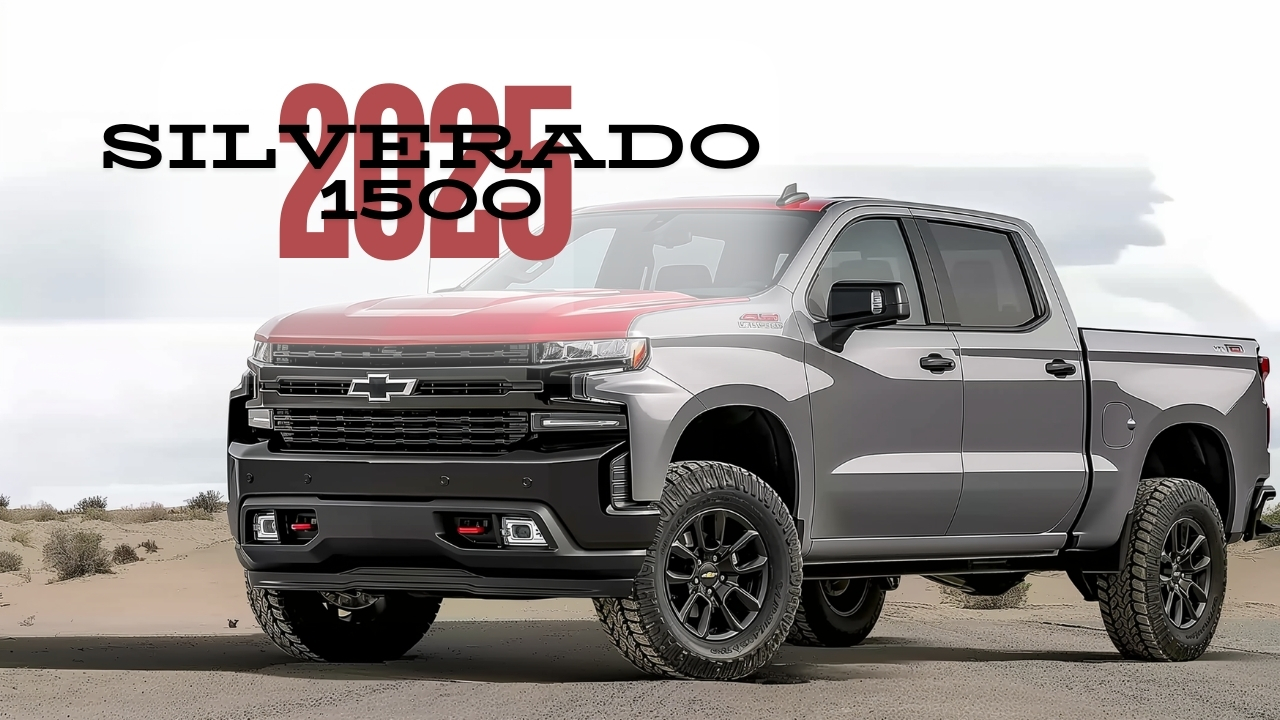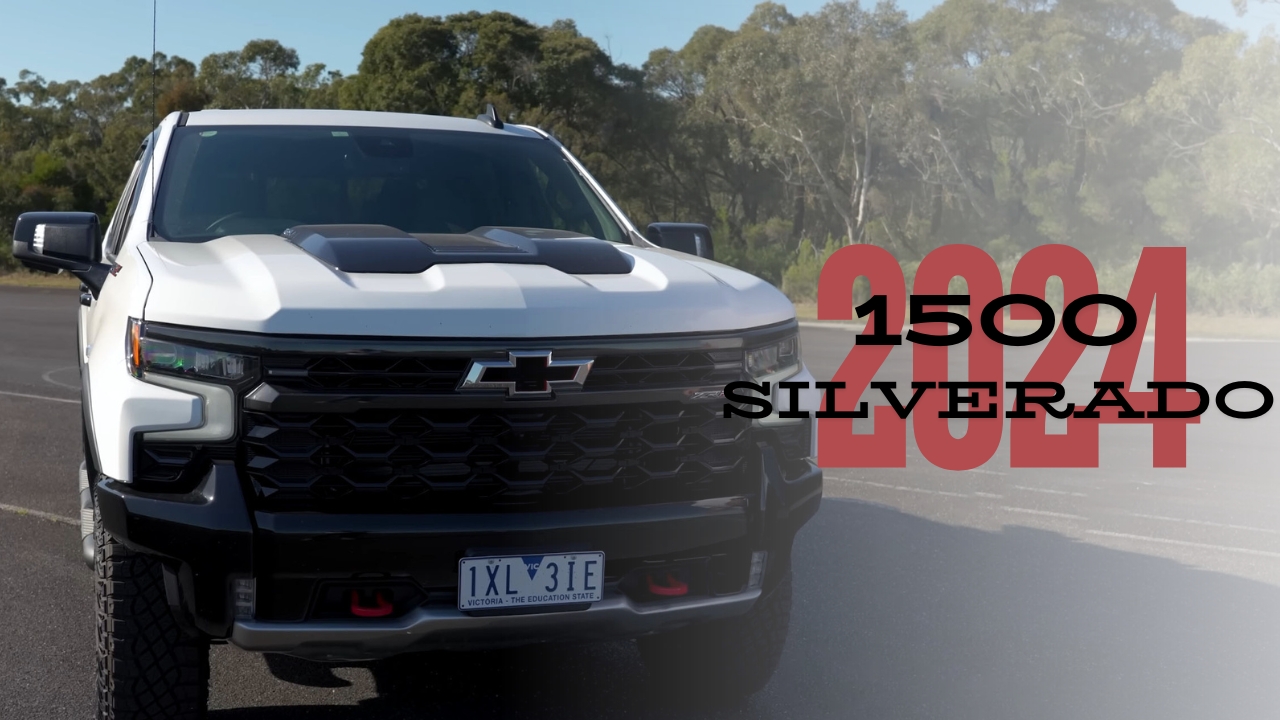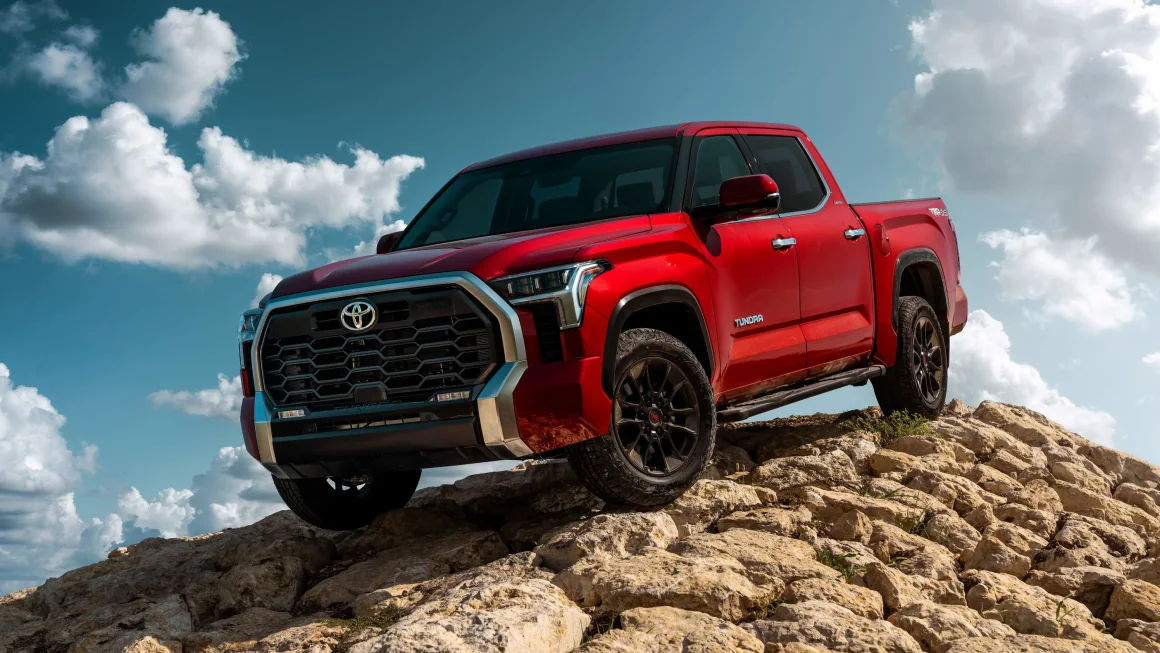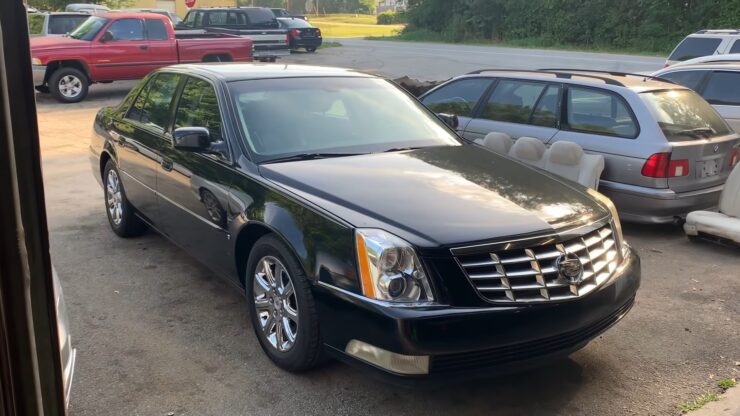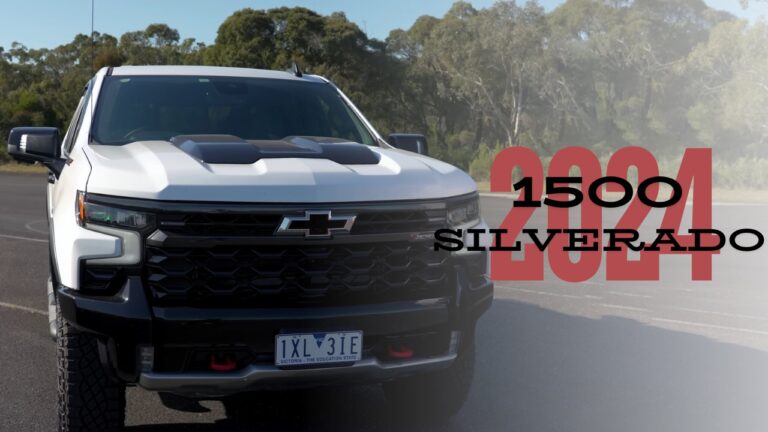As a former mechanic and car enthusiast, I’ve had the privilege of testing a plethora of cars, each with its unique fuel requirements. Over the years, I’ve come to realize the importance of fuel quality and how it can significantly impact a vehicle’s performance.
Today, I’ll be sharing my insights on the top gas stations and premium gas brands, based on my personal experiences and extensive research.
Gas stations are an integral part of our daily lives, especially in the United States. With a myriad of options available, it’s often challenging to discern which ones offer the best in terms of fuel quality, discounts, and overall convenience.
This article aims to shed light on the top gas stations in the U.S., focusing on factors like customer satisfaction, fuel quality, and additional amenities.
What Makes a Gas Station Stand Out?
When it comes to premium gasoline brands, there are several names that consistently stand out in the U.S. market, each with its unique offerings:
- Shell: Renowned for its V-Power Nitro+ gasoline, Shell offers enhanced engine protection against wear and corrosion. Their fuel is designed to clean and protect vital engine parts.
- Chevron: With its Techron additive, Chevron gasoline is known to clean your engine and prevent deposit buildup, ensuring optimal performance.
- ExxonMobil: Their Synergy gasoline is formulated with a proprietary blend of additives that help improve fuel economy and ensure smoother engine operation.
- BP: With their Invigorate additive, BP gasoline helps remove dirt from your engine, leading to fewer unplanned maintenance visits.
- Costco: While primarily known for its competitive pricing, Costco’s gasoline also meets top-tier standards, ensuring quality fuel for its members.
- Love’s Travel Stops: Catering primarily to truckers and travelers, Love’s offers high-quality fuel that meets the demands of long-haul journeys.
- Sinclair: Their gasoline is enhanced with DinoCare, an additive that cleans and protects your engine, ensuring longevity and optimal performance.
- Valero: As one of the largest refiners in the U.S., Valero offers top-tier gasoline, ensuring high-quality fuel for its consumers.
- Conoco: Their TriCLEAN gasoline is designed to keep fuel injectors and intake valves clean, ensuring consistent engine performance.
- 76: Their gasoline is formulated with proprietary additives that help clean up engine deposits, leading to better fuel economy and reduced emissions.
- Sunoco: As the official fuel of NASCAR, Sunoco’s gasoline is designed to meet the high-performance demands of racing engines, ensuring quality and reliability.
Each of these brands has invested heavily in research and development to ensure their gasoline offers optimal performance, engine protection, and fuel economy. Whether you’re looking for enhanced engine cleaning or improved fuel efficiency, these premium brands have you covered.
Types of Gas
Gasoline is undeniably the most prevalent fuel type in the U.S. Gas stations typically offer three distinct grades based on their octane levels:
- Regular (Lowest octane fuel)
- Midgrade (Intermediate octane fuel)
- Premium/Super (Highest octane fuel)
These grades cater to different engine types. For instance, high-performance engines necessitate higher octane fuel to prevent knocking and enhance overall performance. Conversely, regular gasoline suffices for most standard cars and trucks.
The Diesel Difference
Diesel is another fuel variant available at most gas stations. Primarily used in diesel engines, commonly found in trucks and buses, diesel fuel is derived from petroleum.
Exploring Ethanol & Bio Diesel
Some gas stations also offer alternative fuels like ethanol and bio-diesel. Ethanol, designed for flex-fuel vehicles, comprises 85% ethanol and 15% gasoline. On the other hand, bio-diesel, a renewable fuel derived from vegetable oils and animal fats, can be used in diesel engines.
The Gasoline Debate: Which Type is Best?
The octane rating of gasoline plays a pivotal role in determining its suitability for different engines. This rating measures the fuel’s resistance to knocking or pinging during combustion. High-performance engines typically require gasoline with higher octane ratings, while standard engines can function optimally with lower octane fuels.
Top-Tier Gasoline: Is It Worth It?
Top-tier gasoline, characterized by a higher concentration of detergents and additives, is often recommended by automakers to ensure smooth and efficient engine performance. Some of the leading top-tier gasoline brands include Shell, Costco, Mobil, Chevron, and Sinclair.
Ethanol Content: A Double-Edged Sword
While ethanol, derived from crops like corn, is added to gasoline to reduce emissions and decrease dependency on foreign oil, it can sometimes cause issues in specific engines, especially older models.
In conclusion, the best gasoline type for your vehicle largely depends on its engine and your driving habits. Always consult your vehicle’s owner manual and adhere to the manufacturer’s recommendations to ensure optimal performance and longevity.
Does Type Really Matter?
At the pump, you might wonder if the type of gasoline you choose truly makes a difference. The straightforward answer is a resounding yes. While all gasoline might appear identical, variations in quality and additives can significantly influence your vehicle’s performance.
- Octane Ratings: Gasoline is graded by its octane level, a measure of its resistance to knocking or pinging during combustion. Using a lower octane gasoline than recommended can result in knocking, potentially damaging the engine over time. Conversely, opting for a higher octane than necessary won’t offer additional benefits.
- Top Tier Gasoline: This designation is given to gasoline meeting higher standards for detergents and additives. These detergents can maintain engine cleanliness and smooth operation. Though top-tier gasoline might be pricier, it can prevent carbon buildup in your engine, potentially saving on future repair costs.
Brand Loyalty vs. Quality Assurance
While brand names might evoke a sense of trust, it’s essential to prioritize gasoline quality. Some independent gas stations might offer competitive prices while still ensuring quality gasoline. Conversely, not all renowned brands meet top-tier gasoline standards. It’s crucial to research and rely on reviews to guarantee you’re fueling your vehicle with quality gasoline.
Premium vs. Regular: What’s the Real Difference?
The primary difference between Premium and Regular gasoline lies in their octane ratings. Premium gasoline, with its higher octane rating (typically between 91 and 94), is more resistant to knocking and pinging than its Regular counterpart, which usually has an octane rating around 87.
Engine Compatibility
Why do certain vehicles demand Premium gasoline, while others run efficiently on Regular? The answer is rooted in the engine’s compression ratio. Engines with higher compression ratios need higher octane gasoline to avert knocking and pinging.
It’s worth noting that using Premium gasoline in an engine designed for Regular won’t enhance performance. However, using Regular in an engine that requires Premium can lead to knocking, potentially causing long-term damage.
The Environmental Perspective: Alternative Fuels
The Rise of Ethanol
Ethanol, often seen as a greener alternative to traditional gasoline, is produced from renewable sources like corn. Blended with gasoline to produce fuels like E10 and E85, ethanol helps reduce greenhouse gas emissions. However, it’s essential to ensure your vehicle is compatible with ethanol blends to avoid potential engine issues.
Bio-Diesel: A Sustainable Choice
Bio-diesel, produced from vegetable oils and animal fats, is another eco-friendly fuel alternative. Compatible with most diesel engines, bio-diesel blends (like B20) can reduce a vehicle’s carbon footprint. However, it’s crucial to check your vehicle’s compatibility before making the switch.
FAQ
How often should I change the fuel filter in my car?
Typically, it’s recommended to change the fuel filter every 20,000 to 40,000 miles. However, always refer to your vehicle’s owner manual for specific recommendations.
Can I mix regular and premium gasoline?
While it’s not harmful to mix different octane levels, it’s best to use the octane rating recommended by your vehicle’s manufacturer to ensure optimal performance.
Does gasoline have a shelf life?
Yes, gasoline can degrade over time. Stored gasoline can start to degrade in quality after about six months.
Are there any additives I can use to improve fuel quality?
There are many fuel additives available in the market that claim to enhance fuel efficiency, clean the engine, and improve overall performance. However, it’s essential to choose products from reputable brands and ensure they’re suitable for your vehicle.
How does altitude affect the octane rating I should use?
At higher altitudes, the air is thinner, which can affect combustion. Many times, the octane rating recommended can be lower at higher altitudes.
Final Words
Choosing the right gasoline for your vehicle is more than just a matter of cost. It’s about ensuring the longevity and optimal performance of your engine. With the myriad of options available, it’s essential to be informed and make choices that align with your vehicle’s needs and your driving habits. Remember, the best gasoline for your car is the one that meets its specific requirements, ensuring smooth rides for years to come.

